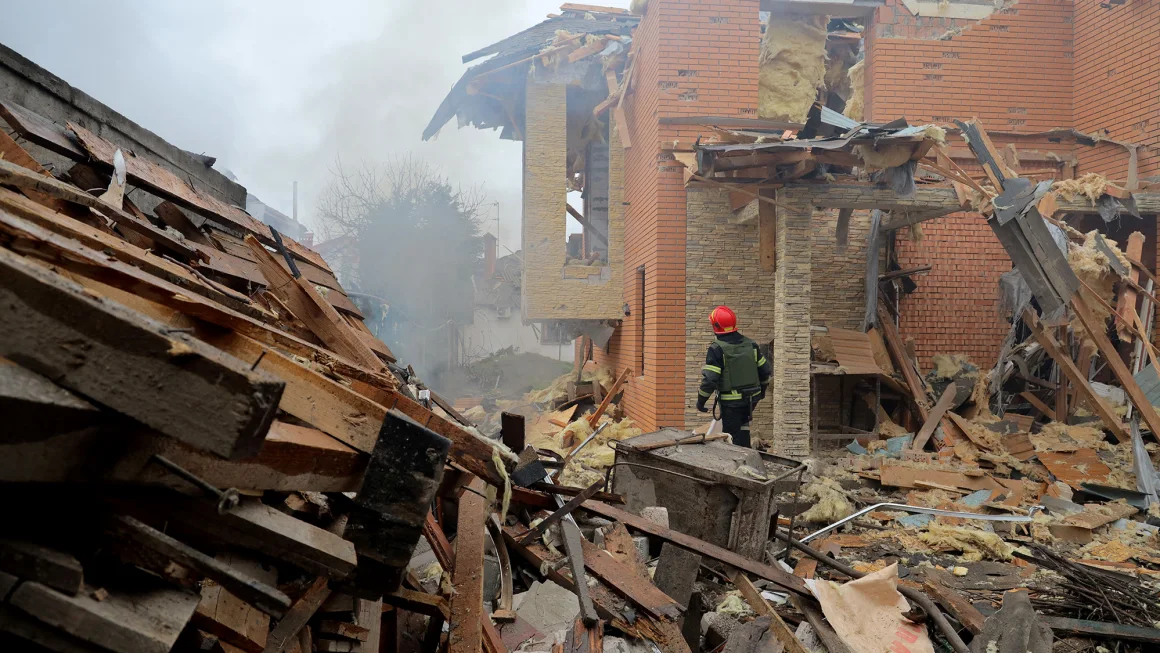In a harrowing event that underscores the ongoing conflict in Eastern Europe, a Russian missile strike devastated the Ukrainian city of Odesa, claiming the lives of at least 14 individuals and leaving dozens more injured. This attack, occurring on a Friday, targeted civilian infrastructure, magnifying the toll of Russia’s more than two-year war against Ukraine. The situation escalated when a second missile followed the initial strike, targeting emergency personnel who had arrived to assist the victims in a cruel military tactic known as a “double tap.”
Oleh Kiper, the head of the Odesa regional military administration, conveyed the gravity of the assault on social media, stating, “The Russian missile attack killed a paramedic and a rescue worker who had arrived at the scene after the first explosion to assist. There are also heavily injured among the medics and rescuers.” The timing of this ruthless attack aligns with a significant political event in Russia, where citizens are participating in elections anticipated to secure President Vladimir Putin another term in office.
Odesa, a linchpin for Ukraine’s grain exports and a pivotal naval base, has suffered immense destruction from continuous Russian bombardment. This recent strike not only marks a significant loss of life but also a close call involving Ukrainian President Volodymyr Zelensky and Greek Prime Minister Kyriakos Mitsotakis, underscoring the indiscriminate nature of the aggression and its near miss with leaders from both Ukraine and a NATO-member country.
In response to the devastation, President Zelensky has echoed the urgent need for enhanced air defenses across Ukraine. Despite Kyiv’s relative protection by the US-made Patriot system, the disparity in defense capabilities among Ukrainian cities remains stark. Prime Minister Mitsotakis, reflecting on the attack, remarked on the ongoing conflict’s reality, emphasizing its impact not just on the military front but also on innocent civilians.
As the dust settles on this tragic day in Odesa, the international community is reminded of the relentless brutality of the conflict in Ukraine and the imperative for concerted efforts to support those caught in the crossfire. The resilience of the Ukrainian people and their leaders in the face of such adversity is a beacon of determination and unity against aggression.







